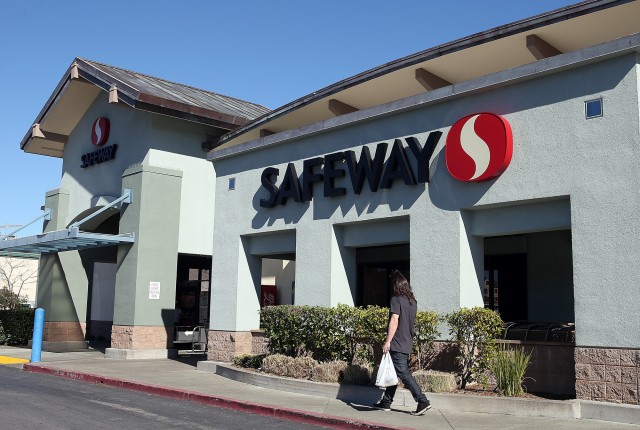
Shortly before the state Assembly approved on Thursday a statewide ban on single-use plastic bags, Republican Assemblyman Don Wagner pointed out the measure had failed on a floor vote just three days earlier.
“Nothing has changed,” said the Irvine legislator. “We debated it, we voted it down, and nothing has happened to this bill to make it better. There have been no amendments that have been taken.”
What had changed, however, was that a powerful union had shifted its stance on the measure. And when the bill was called to a vote several minutes later, it had picked up six additional Democratic votes – enough to pass. The legislation will likely see a final vote in the Senate on Friday.
The bill’s brief death, swift resurrection and muddled reasons for renewed life are emblematic of the behind-the-scenes negotiations that dominate the final days of a legislative session.
So what happened? California’s United Food and Commercial Workers Union had voiced “serious concerns” about the latest version of the bag ban before Monday’s initial Assembly vote. UFCW’s problem: Recent amendments allow stores to keep proceeds from the 10-cent fee charged for paper or reusable bags given to customers. In a letter to lawmakers, the union wrote it was worried the bill lacked a “serious enforcement mechanism” to make sure stores were spending the money properly.